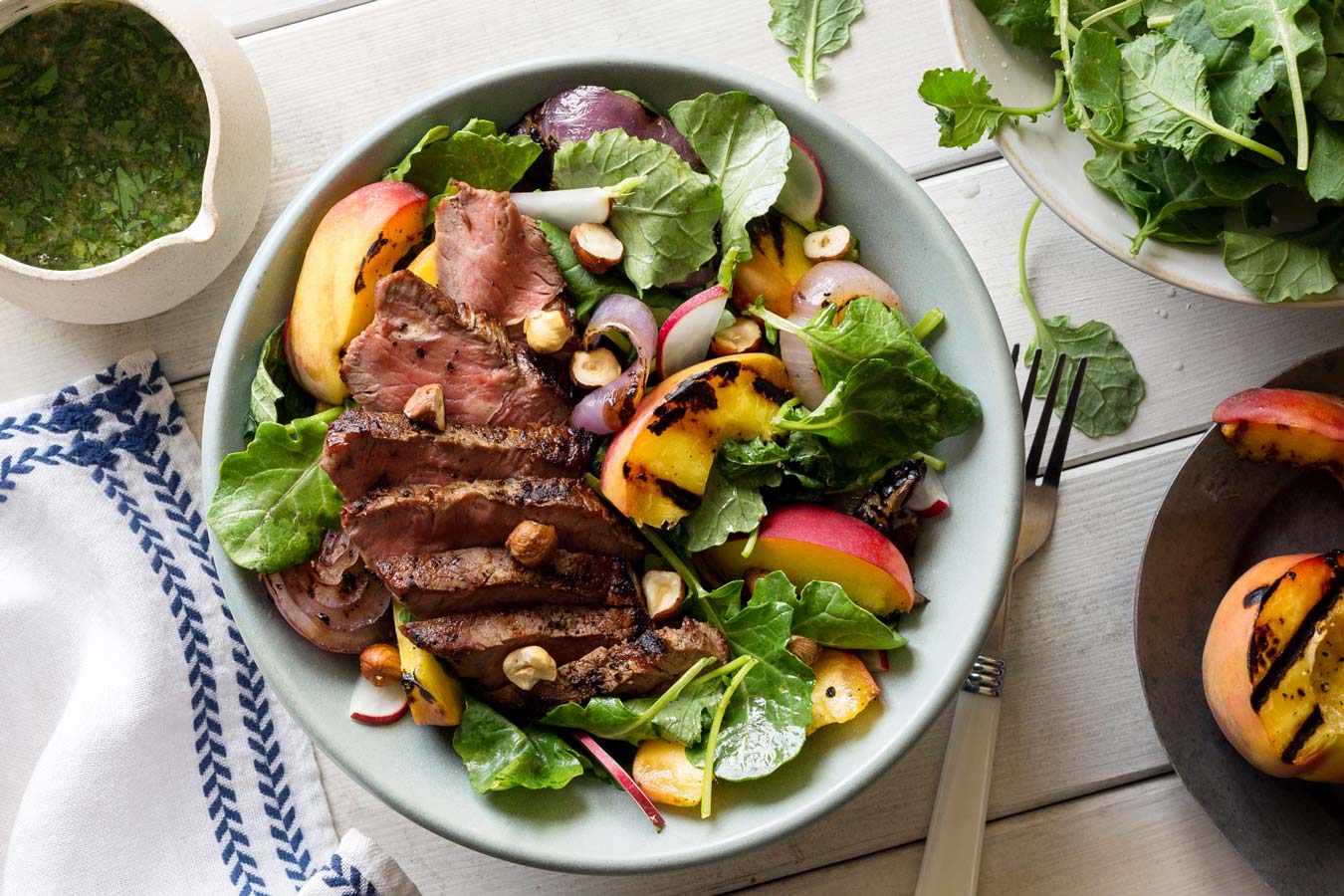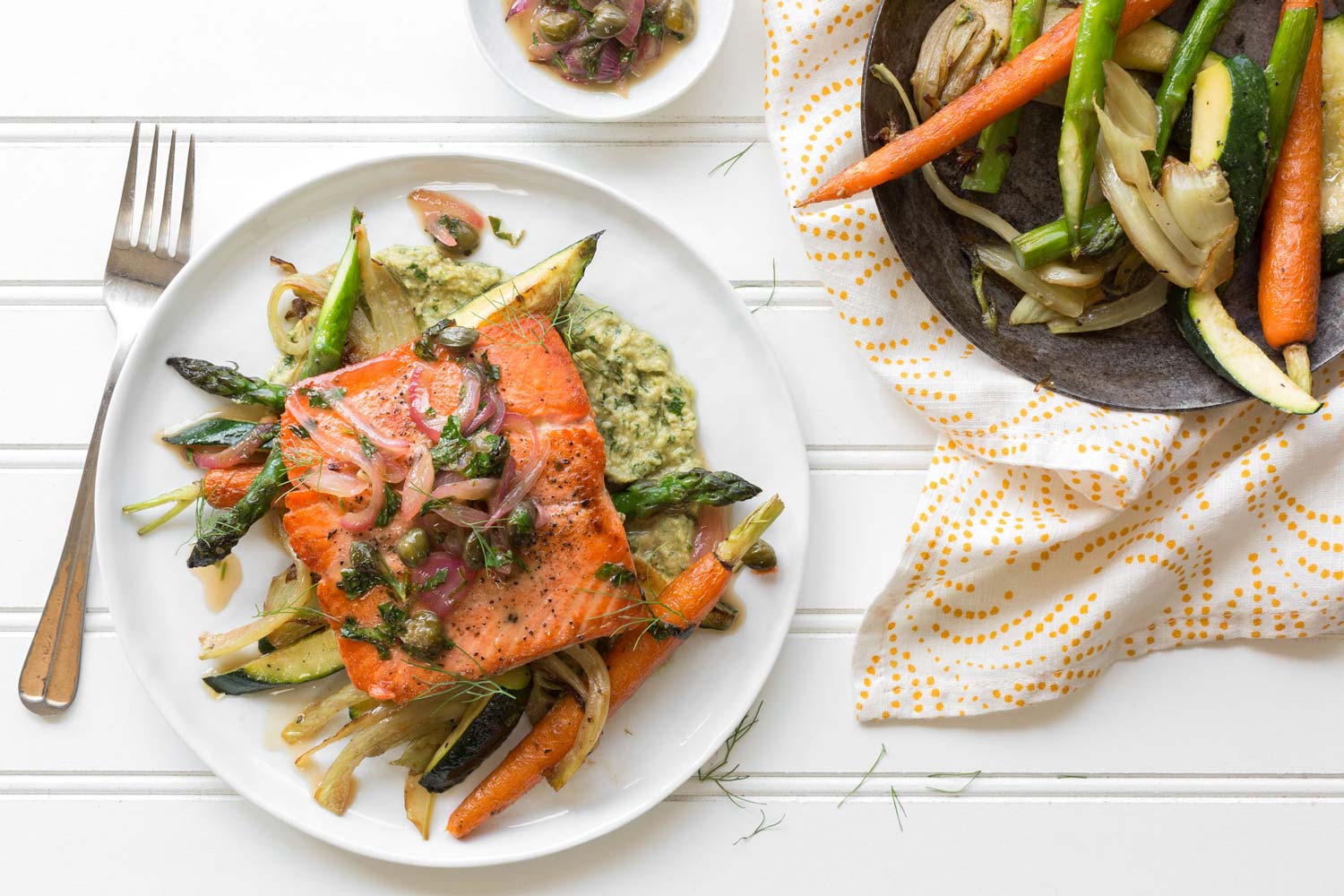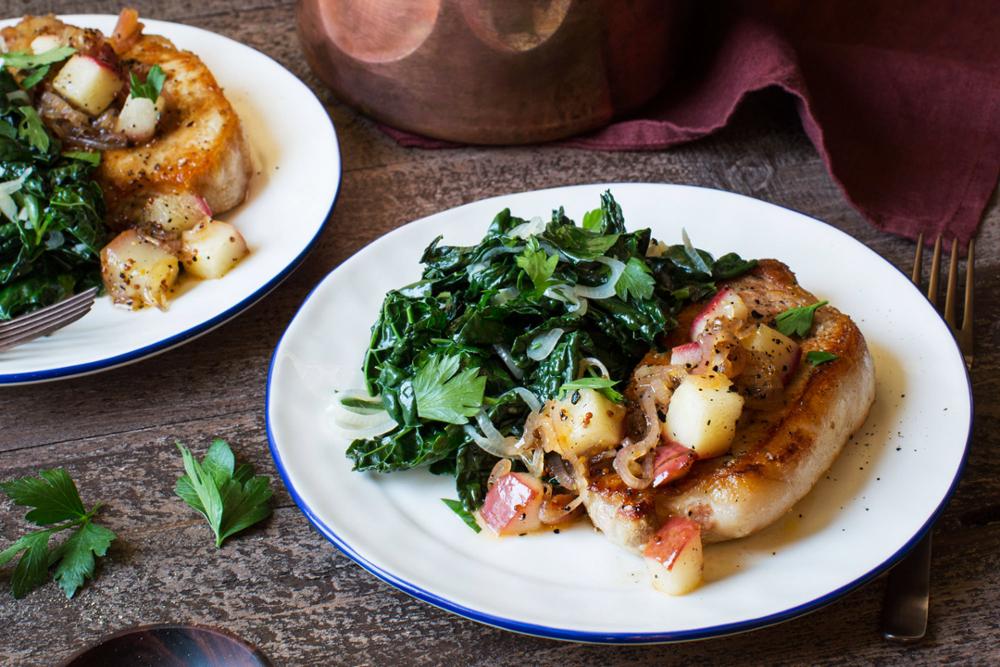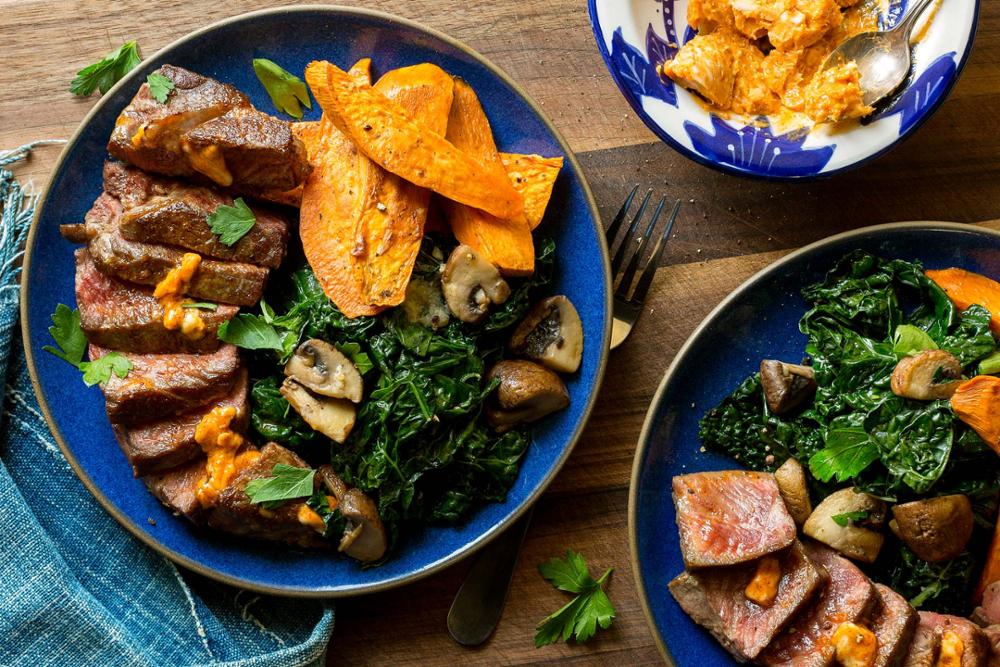The Gluten-Free Friendly Meal Plan
-
Flavor TDF (To Dine For)
Chef-developed recipes bursting with zest and zip -
Easy Does It
No research, no grocery shopping...just cooking -
Ch-ch-ch-ch-choices
Five to 8 gluten-free options on the menu every week
Gluten-Free Meals to Your Door

Gluten-Free Gourmet
Our award-winning chefs source the highest quality gluten-free ingredients
Freshness Forever
We strive to source organic fresh produce 100% of the time Learn More ›
Sauces That Sing
House-made sauces you just can't find anywhere else
Pristine Proteins
Wild-caught or sustainably raised seafood, antibiotic- and hormone-free meats & organic eggs
Gluten-Free Nutritional Info

- Plentiful Portions: About 400-800 calories per serving
- Profuse Protein: At least 10 grams per serving
- Filled With Fiber: At least 5 grams per serving
- Good-for-You Fats: Sourced from olives, nuts, seeds, and avocados
Get free shipping with your first order
Gluten-Free? It MePlease note, Sunbasket meals are prepared in a facility that handles wheat, and while the Gluten-Free Friendly meal plan follows a gluten-free diet, due to risk of cross-contamination, these gluten-free meals are not suitable for people with severe gluten intolerance.
Frequently Asked Questions
Learn More About the Gluten-Free Diet
What Is Gluten?
Gluten is a general term for the binding, glue-like proteins found in wheat, rye, barley, spelt, and certain other cereal grains. Specifically, there are two main proteins––gliadin and glutenin––that comprise gluten. When exposed to water and friction, the proteins combine, creating the elastic substance we know as gluten. Gluten is what gives bread dough its stretchy texture and allows it to capture gases while baking and rise, resulting in that satisfying, cloud-like texture. (Well, satisfying for everyone without gluten sensitivity, thankyouverymuch.)
Eating Gluten-Free
While a gluten-free lifestyle has been trending upward lately, for those with a serious gluten intolerance or sensitivity, following a gluten-free diet is a necessary part of day-to-day living. For those folks in the latter camp, giving up the gluten can have a lasting and impactful effect on personal health. But don’t get it twisted: if you’re not sensitive to or intolerant of gluten, it’s totally possible to eat a balanced, healthy diet inclusive of it. (Just don’t brag about being a #GlutenGlutton when you go to brunch with a person with celiac disease...not cool, man.)
How To Find Out if You Are Gluten-Sensitive
We can’t say it enough: always consult a medical professional if you have any gluten-sensitivity symptoms or think you may be ill. A registered dietitian can provide suggestions for gluten-free meal plans, consumption of whole and enriched gluten-free grains, the addition of multivitamins and mineral supplements (calcium, Vitamin D, iron), and how to interpret nutrition labels to determine if a food is gluten-free. Before you eliminate gluten from your diet proactively, consult your doctor to see if they think you should be tested. Leave it to the docs to determine whether eliminating gluten from your diet is appropriate.
Supplementing Your Gluten-Free Friendly Meal Plan
Once Sunbasket has hooked up your gluten-free meals a few times a week, you'll want to make sure to round out the rest of your diet with plenty of nutrient-rich foods. We recommend whole foods such as seasonal fruits and vegetables, gluten-free grains (quinoa, brown rice, millet, buckwheat), good fats (sourced from nuts, avocados, and olives), and lean meat & seafood. There are tons of processed, gluten-free food products on the market, but we're firm believers that the less processing, the better. Say it with us: The Less Processing, the Better! Nice.
Suggestions for Smart and Yummy Gluten-Free Substitutions
- Bread: Mix up your starches! 100% corn tortillas, rice, and root vegetables are all free of gluten. Turn a sandwich into a taco or a lettuce wrap, or pile all the fixings on rice or a baked sweet potato. If you simply can't live without bread, there are plenty of gluten-free alternatives on the market.
- Beer: Enjoy the occasional glass of cider or wine, or have a cocktail. Ciders are commonly made from apples and pears, creating a fresh, bubbly alternative to your favorite (glutenous) brew. Similarly, wine is naturally gluten-free. While some spirits are made from gluten-free bases, like brandy and pisco (which are made from grapes), many spirits begin with a grain base. Distillation removes gluten, but some people err on the side of caution and only consume vodka, gin, and whiskeys made with a gluten-free base. If you just can't do without a brewski, there are many good-quality gluten-free beers on the market as well.
- Pasta: The spiralizer is your friend. Experiment with noodles made from zucchini, sweet potato, and other vegetables. There are also many good pastas made from gluten-free foods like brown rice, lentils, or quinoa.


